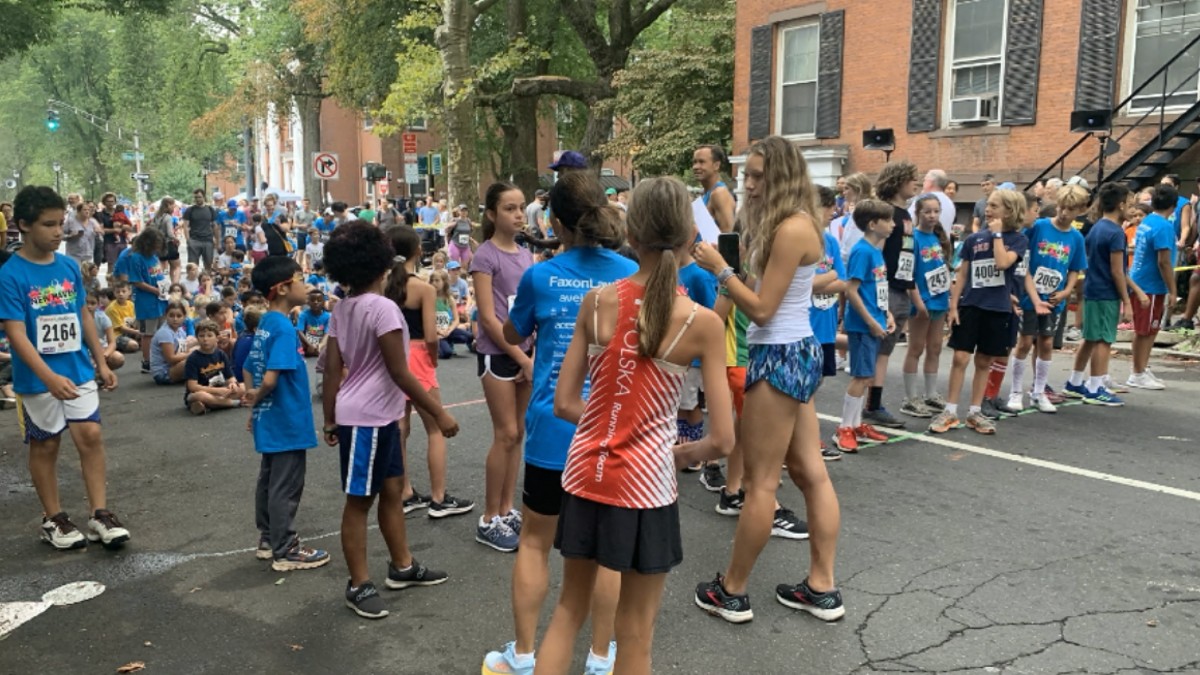A former Minnesota officer has been charged with second-degree manslaughter after a traffic stop that resulted in the death of 20-year-old Daunte Wright.
Kim Potter, a former Brooklyn Center officer, can be seen in body camera video shooting into Wright's car on Sunday afternoon. She was charged with second-degree manslaughter on Wednesday morning. The charge carries a maximum penalty of 10 years behind bars.
According to former Brooklyn Center Police Chief, he believed Potter meant to draw her taser instead of her gun.
Potter's actions is alarming and concerning for Michael Lawlor, an associate professor of criminal justice at the University of New Haven.
Get top local stories in Connecticut delivered to you every morning. Sign up for NBC Connecticut's News Headlines newsletter.
"It's a huge mistake and training and the positioning of these weapons is specifically designed to minimize the chances that this would've actually happened," said Lawlor. "In that moment, she was acting as the field training officer for a rookie who was with her which is really unbelievable that you can make that kind of mistake in that situation."
Lawlor serves on New Haven's Police Board of Commissioners and trains officers throughout the northeast. He mentions that different tactics are used to ensure officers know when they're pulling either their gun or taser.
"Your firearm would be on your shooting side, your strong hand, your taser would be on the opposite side," said Lawlor. "In order to think you're grabbing your taser but instead grabbing your gun, that's a huge mistake."
Local
NBC Connecticut spoke with Dr. Lorenzo Boyd who is the former director for the center of advance policing. Boyd believes charging the former officer is the first step towards accountability.
"It's clearly not first degree because in order for it to be first degree, there has to be premeditation, deliberation, and malice," said Boyd. "I think the second degree is absolutely a good place to start."
Boyd believes establishing a rapport or relationship with those inside the community are critical.
"There's a lot of people that are feeling racial battle fatigue," said Boyd. "When we train police officers, we want them to understand the lived experiences of the people that they are policing and to understand we don't have to escalate force so quickly."
Inside the state and around the country, police officers are trained to keep tasers on the opposite side of their strong hands. Former Branford Police Chief Dr. John Decarlo believes training inside departments needs to be reevaluated and needs more funding to do so.
"Sometimes they're authorized to use force but we want to make sure when they do use force, they do it in a way that is consistent, the best policy, the best training, and best practices," said DeCarlo. "We train officers using a stress model similar to the military and I think we can do a lot better and the fact is to do better, it's going to cost money."



